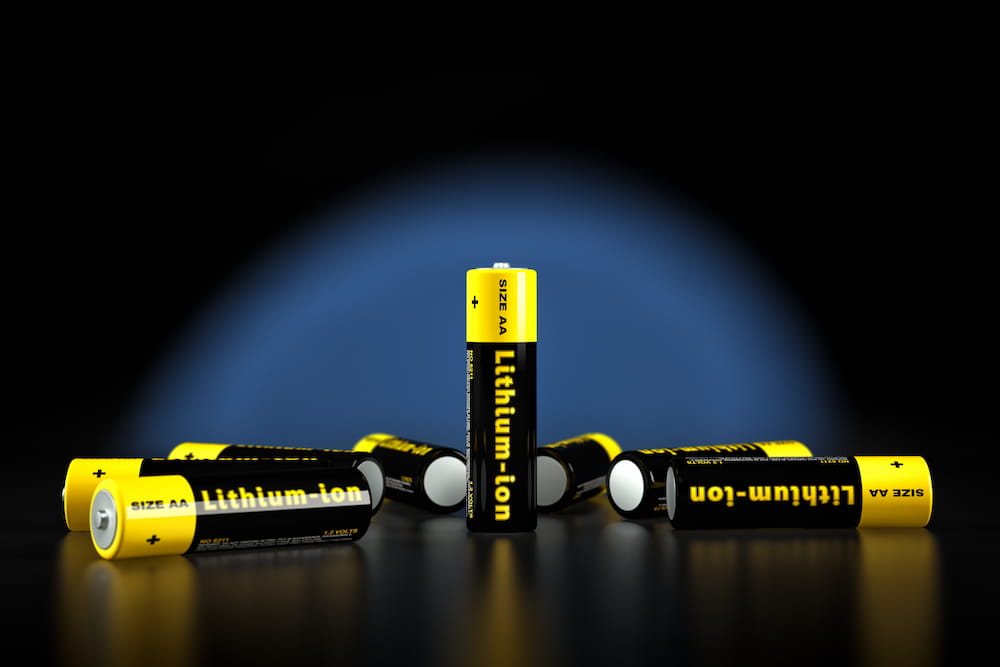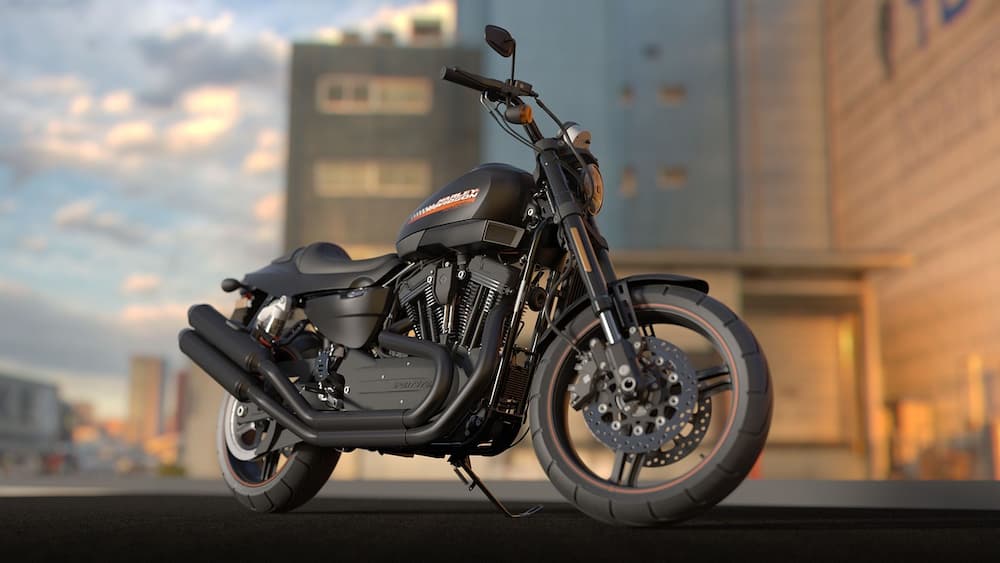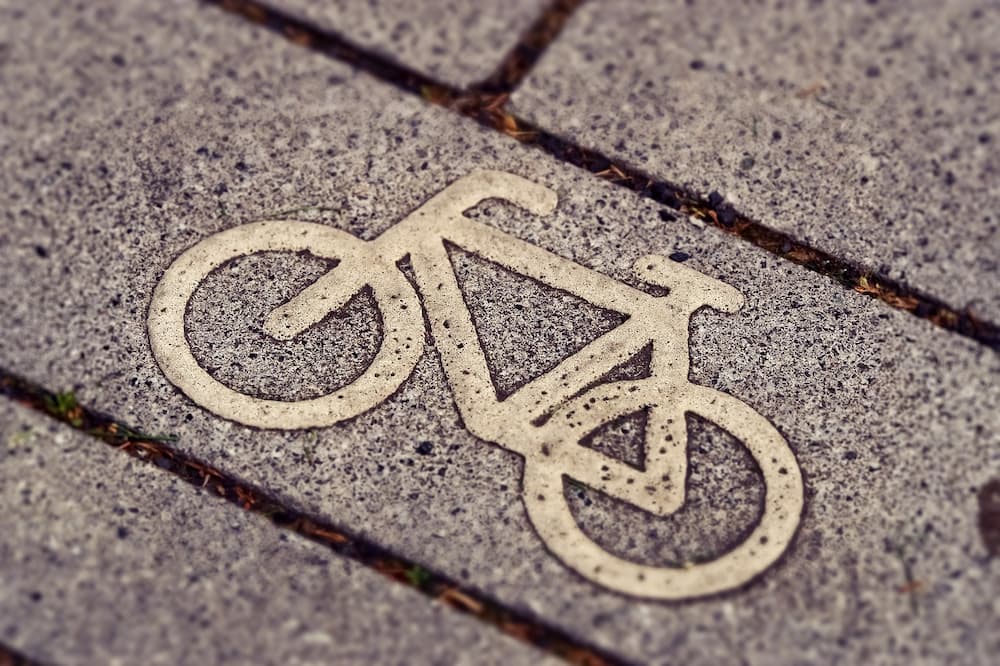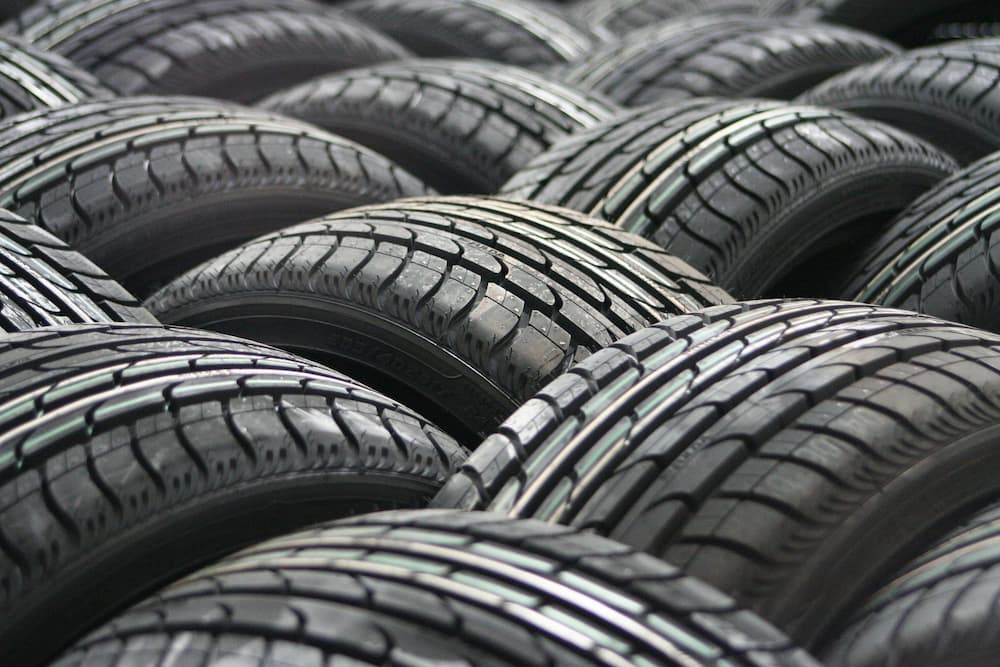E-scooters, hoverboards and similar devices broadly have the same rules and guidelines for their use.
Legally, they’re classed by the UK government as ‘powered transporters’ which means they’re subject to the same laws and guidance as road vehicles (Road Traffic Act 1988).
Generally, their use is only allowed on private land with the owner’s permission. It’s illegal to use them on public roads, pavements, cycle lanes, or pedestrian-only areas. This includes parks, car parks, university campuses or other similar areas with public access.
In the West Midlands, there’s an e-scooter scheme run by a company called Beryl (see below). Where this trial, and others similar in the UK are taking place, e-scooters are allowed to be used on public roadways (not pavements) under specific guidelines.
Find out more about trials elsewhere on the gov.uk website.
The term ‘powered transporters’ does not apply to electrically-assisted pedal bikes or e-bikes. Find out more about those on our e-bikes page.


General tips for using e-scooters or similar.
If you use an e-scooter or other powered transport device:
- carry a mobile phone for emergencies
- wear a helmet and protective clothing
- ride on suitable surfaces – avoid uneven surfaces, gravel and grass
- avoid distractions, like using headphones or your phone, while riding.
You should NOT ride:
- on pavements, roads, canal towpaths or motorways, or any publicly accessible places, as described above
- while under the influence of drugs or alcohol
- with more than one person on the scooter.
For tips on safely maintaining your e-scooter, take a look at this great page by Halfords – Electric Scooter Maintenance Guide
Beryl e-scooter hire scheme in the West Midlands
Who can use them?
Rider aged 18 or over who hold a valid UK driving licence.
Where can you use them?
Beryl e-scooters can be used on roads, cycle lanes, carriageways and other areas where cycling is permitted, but not on pavements. Every Beryl e-scooter has vehicle approval from the Department for Transport (DfT), ensuring it meets safety standards.
ONLY e-scooters hired from approved trial schemes can be ridden on the highway and in public places.
How can you hire one?
All the details on hiring the West Midlands scheme e-scooters can be found on the Beryl website.
Staying safe
If you choose to hire a Beryl e-scooter, please follow our safety tips on this page and read all the Beryl safety information on their website.
Lithium-ion batteries in e-Scooters
E-scooters use lightweight, rechargeable lithium-ion batteries, storing a large amount of energy in a small space. While millions use these batteries safely every day, there is a potential risk of fire when they are mishandled, overcharged or damaged.
Safety Tips for Charging and Using Lithium-ion Batteries
- always use the charger that came with your e-scooter. If you need to replace it, buy directly from the manufacturer or a reputable supplier
- avoid charging or storing the battery in very high or low temperatures
- charge your e-scooter on a hard, flat surface away from flammable items such as furniture, carpets or curtains. Ensure chargers and cables are not blocking escape routes or communal areas
- keep the battery from being crushed, punctured or immersed in water
- do not leave the e-scooter on charge continuously after the charge cycle is complete. Avoid charging overnight
- never cover chargers or the e-scooter while charging
- when travelling, especially by plane, follow the carrier’s advice on lithium-ion batteries.
General e-scooter maintenance
To ensure the safety and longevity of your e-scooter, regular maintenance is important.
Before every ride:
- check tyre pressure and for any damage
- ensure wheels and handlebars turn smoothly
- inspect hinges for unexpected movement
- check for loose nuts, bolts and fasteners
- test lights and indicators:
- Monthly or every 300km:
- clean the e-scooter and inspect for damage
- check cables and the charger for any signs of damage
- Every six months or every 1,500km:
- tighten all bolts and adjust brakes
- check for chassis and fork damage.
- Annually or every 3,000km:
- inspect and grease wheel bearings and folding points as needed.
- Monthly or every 300km:
Recognise warning signs
If you notice any of the following, stop using the battery immediately. Move it away from flammable items, and call the emergency services on 999 or 112:
- unusual odour
- change in colour or shape of the batteries
- excessive heat
- leaking
- odd noises
Battery disposal
Never throw lithium-ion batteries in the bin. Instead, recycle them at a designated location or contact your local council for disposal instructions. Do not accumulate used batteries, and never place them in a fire.
Read more about e-scooter safety on the National Fire Chief Council’s website.









